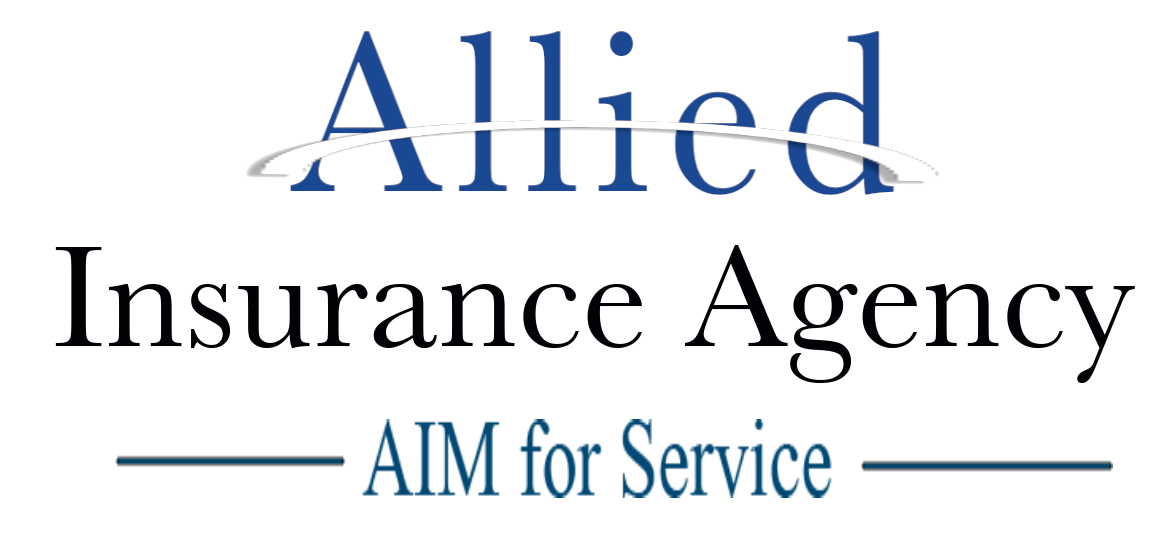Auto Insurance
What To Do After an Accident.
You've been in an accident. Here are some general guidelines about what to do next: Stop at once. Never leave the scene of even a MINOR accident. Do not block the roadway if at all possible. Seek medical assistance and summon police. Do not admit fault. Do not comment about the accident to anyone but your insurance representative and the police. Never accept or make an offer of cash, check or "private" settlement. Gather accident information. Note the date and time of accident. Obtain information on the other driver including: name, address, phone number, make of car, vehicle license number, insurance company and agent's name and telephone number. Record a description of what occurred. Draw a diagram of the accident showing the direction of both cars and the point of the accident. Include street names and location of traffic signs/signals. Report the accident promptly to your insurance agent.
Accident With a Borrowed Car: Whose policy pays?
If you lend your car to a friend and your friend has an accident, it might be your insurance that's on the hook. It all depends on the insurance company that issued your policy. One company's policy may state: "the insurance follows the car"; while another company's policy says the driver's insurance is the primary coverage even though you own the vehicle involved. Let's take a look at the two different scenarios: If the insurance follows the car and you lend your car to a friend, your coverage is considered the primary coverage. If your friend has an accident, it's your insurance that will pay the claim. If the accident is serious enough to use up all of your policy's coverage, then your friend's coverage, which is considered secondary, might also be used. If the insurance follows the driver, coverage is provided the other way around. If you lend your car to a friend and they have an accident, it's their policy that is considered primary coverage, meaning their insurance company will pay the claim. In this case, your policy would be secondary and wouldn't pay for anything unless your friend's policy limits were used up. All these rules go out the window in many cases if the person borrowing the car happens to be a relative who resides in the same household as the owner. You should read your policy carefully to see what type of coverage applies to you. Remember these two things: First, always exercise caution when it comes to lending your car. Second, if you're ever in doubt about whether you or another driver is covered in any given situation, please call us.
Rental Cars: Should you purchase rental agency coverage?
If you have collision and comprehensive ("other than collision") coverages on your own car, you are most likely covered if you're traveling in the United States, its territories and possessions or Canada (for example, travel in Mexico, the Bahamas or Europe would not be covered). Most policies (except business policies) cover any rental car that you drive at no additional premium. Business cars frequently require an extra premium to afford the same coverage. Caution: Recently, many rental companies have included a “diminution of value” clause in their rental contracts. These clauses state that the renter is responsible for any diminution of value charges resulting from a loss incurred to their rental vehicle while it is rented to you In other words, if your rental vehicle is damaged to the point where the value is diminished, or at the sole discretion of the rental agency, the agency feels that the vehicle is not longer road worthy as part of their rental fleet, you may be charged the difference between the actual amount of damage incurred and the diminished value of the vehicle. Most personal auto policies DO NOTcover diminution of value nor do most credit card companies used to secure your rental agreement. What does this mean? You could possibly be charged hundreds if not thousands of dollars over the amount your insurance company may pay for damage to a rented vehicle in your care, regardless if you were at fault for those damages.
Uninsured Motorist Coverage: Do I Really Need It?
You're driving your son to soccer practice when you are rear-ended at a stop sign. Dealing with the initial trauma of the accident and injuries and the subsequent disruption of a period of medical recovery and the inconvenience of car repairs is bad enough. What if the injuries are serious? And what if the at-fault driver has no insurance? Where do you turn? This is where your Uninsured Motorists (UM) Coverage comes into play.
What is the difference between Uninsured and Underinsured Motorists Coverage?
Underinsured Motorists Coverage covers you and passengers in your car for "losses unpaid because sufficient bodily injury liability limits are not available from the policy of an at-fault driver." In other words, Uninsured Motorists covers you if the wrongdoer has no insurance while Underinsured Motorists covers you in the event that the wrongdoer has some coverage but not enough. Many people wonder if UM is really necessary. After all, isn't liability insurance mandatory? How can there be any uninsured drivers out there? The problem is not everyone obeys the law. The Insurance Information Institute shows on their web site, www.iii.org, that an estimated 12% of drivers in Georgia in 2007 were uninsured. Others question the necessity of UM in light of the fact they have very comprehensive medical coverage. In the event of an accident with an uninsured driver, they assume their own medical coverage will fully protect them. Yes, medical insurance would likely cover most medical expenses. But it will not generally compensate the injured person for lost wages, disfigurement, pain and suffering, mental anguish, and changes in quality of life. For a person permanently disabled following an accident, even things such as modifications to make a home and a vehicle more accessible can cost tens of thousands of dollars. UM can compensate the victim in these broader areas. There are ways insurance dollars can be saved, but paring down or going without UM is one we strongly discourage.
Uninsured Motorist Property Damage Coverage
It is estimated that one out of every 20 motorists is driving uninsured. Although this figure represents only 5% of today's drivers, uninsured motorists are responsible for approximately 13% of all auto accidents. If you become involved in an accident with an at-fault driver of an uninsured motor vehicle there are coverage options available to ensure that you are adequately protected: UMBI- Uninsured Motorists Bodily Injury Coverage provides bodily injury coverage for you and for the occupants of your vehicle. Most policies already provide this coverage. UMPD- Uninsured Motorists Property Damage provides coverage for your vehicle. Vehicles without collision coverage have no protection for damage resulting from an accident with an uninsured driver. If the optional UMPD coverage is added to your policy and you find yourself tangled in an accident with the at-fault driver having no insurance, you won't be left to pay for the damage to your car out of your own pocket. Please contact us if you want to check into how your particular company's UMPD coverages are structured and priced.
Homeowners
Does windstorm include tornado?
Since the policy specifically refers to windstorm as a covered cause of loss, some residents have wondered what exactly windstorm includes. Tornadoes, hurricanes, high winds, thunderstorms and blizzards are all included in the definition of windstorm. Your homeowners policy also provides 'loss of use' benefits to cover additional living expenses while repairs are being made to your home. Please call us with any specific questions regarding your property coverage. We are always happy to review your current coverage needs.
Volunteer Activities: Are you covered?
You are a volunteer soccer coach, a 4-H advisor, a chamber of commerce committee member, on the church board, or you helped raise contributions for the last United Way campaign. Perhaps you have volunteered hundreds of hours this year without a thought of insurance coverage. If someone is injured, who pays for any legal action brought against you in these volunteer activities? If you serve as a board member and are sued for breach of duty, imprudent investments, discrimination in hiring or wrongful termination, are you covered? To answer these questions, there are two places to check: your home insurance and the organization's insurance. Let's look at them: Your homeowners insurance policy gives you liability protection for bodily injury and property damage to others in non-business activities, like a child who is injured when you are the volunteer soccer coach or 4-H advisor. On the other hand, no protection is provided if your volunteer activity is related to a business (chamber volunteer, union, trade or professional association representative, etc.) or if you receive any compensation. Any legal action other than bodily injury and property damage is not covered (an exception: some homeowners policies cover personal injury --- libel, slander, false arrest, false imprisonment, etc.). Also check for coverage under the organization's policy. Ask the organization leadership for proof of insurance for general liability, directors and officers liability, and employment practices liability. Also check to see if volunteers are covered (named as additional insureds) under those policies. Some other potential loss situations could include: • Failure to examine documents signed • Silence with respect to improper conduct of fellow officials • Improper rejection of bids • Failure to exercise diligence in management • Incurring unnecessary expenses Communities are fortunate to have so many volunteers donating their time in a host of different areas. This discussion is not meant to discourage any present or prospective volunteers. Rather, our intent is to help individuals be well-informed, comfortable and adequately protected when it comes to volunteering.
Earthquake, Flood and Sewer Back-up
Earthquake, Flood and Sewer Back-up While not wanting to dampen your anticipation of this long-awaited season, it is a good idea to review some optional coverages you may wish to add to your current homeowners policy. Flood insurance as well as the sewer back-up and earthquake endorsements are worth a brief examination. Flood- Since flood damage is excluded under your homeowners coverage, you should be aware that flood insurance is available from the National Flood Insurance Program. Most Ohio communities have qualified for the program that provides coverage for surface flooding only. Structural and contents protection are offered. A $500 deductible applies. Sewer Back-Up- This endorsement provides protection for direct loss caused by water that backs up through sewers, drains or sump pump wells. Just as flood insurance excludes coverage for sewer back-up, this endorsement excludes any coverage for damage due to flooding. Coverage is subject to a deductible. Earthquake- Coverage is available with the premium determined by the structure of your home or building. Because it will better withstand an earthquake, a frame structure is less to insure than a masonry one. A substantial deductible (often a percentage of the amount of insurance that applies to the destroyed or damaged property) is in effect. For clarification of your current policy or information regarding the above coverages, please contact us. We welcome the opportunity to evaluate your present needs and to discuss possible insurance improvements for you and your family. In each situation described, the answer is probably "not covered" --- unless you have added specific coverage to your policy for this home business. Take away the compensation, or business aspect, and each would probably be "covered". Situations like those described can be covered in one of three ways: • Your employer may cover it if your business is conducted on behalf of your employer. • A business insurance policy may be purchased to cover it. • Your home insurance policy can sometimes be broadened to cover it. If you have any concerns about a business-type activity in your home, call us. We'll be happy to discuss it with you.
Money Saving Tips
Money Saving Tips Controlling household expenses is something we all try to do. We want to help you reduce your home insurance costs when possible. Here are some points to consider: Smoke alarms Check your policy or contact us to see that you are receiving a discount. If you don't have alarms, get them. Not just for the discount, but for your family's safety. Higher deductibles. The standard deductible today is $500. If yours is lower, you are paying an added charge. If you choose a $750 or higher deductible, more savings are available. Delete unneeded coverage Review your policy. There may be jewelry listed that has since been sold, endorsements for businesses in the home that are no longer in operation or other unnecessary coverages. Central station alarms Fire and burglary alarm systems that automatically dial a central station can provide both good security and a significant premium savings. Combine home and auto insurance in one company Companies often offer a discount on the home and auto insurance or both when carried by the same insurer. In addition to these money-saving tips, some companies offer discounts if you have fire extinguishers, deadbolt locks or a loss-free record. Check with us to see if your plan offers any of these options. Remember, under insuring is not a recommended way to save premium as it can lead to serious problems settling a claim. Whether it's a question about cost or coverage, we're always willing to review any insurance concerns with you. Please call us.
Homeowners Insurance: Covering the Bizarre Losses
just how broad is your insurance coverage? Will it cover sunken tractors? This true story has occurred several times: our client parks his riding mower on a hill, dismounts, and the tractor slips out of gear and rolls into the pond. Covered? Only if you broaden the coverage on your policy. You don't have a riding mower or a pond you say? Optional endorsements can broaden a homeowners policy so that it also covers other personal property lost due to extraordinary situations. Consider these other covered losses: • Lost jewelry or gemstones falling out of jewelry not specifically insured (subject to a policy dollar limit). • Loss in value when a gemstone is scratched or cracked (subject to a policy dollar limit). • Cameras or other personal items falling overboard from a boat or a capsized canoe. • A hot iron falling on and scorching an area rug. • A deer crashing through a sliding glass door causing extensive damage to household contents as it struggles to deal with the unfamiliar surroundings of a family room. • Raccoon damage (rodents and vermin are not covered). • Lost hearing aids, eyeglasses, telescopes, cameras, etc. • Spillage of paint, India ink, nail polish, acid, bleach, and other chemicals that damage household contents. Most home insurance policies list 17 or 18 different perils of coverage for household contents that do not include the above or numerous other bizarre possibilities. Ask us how we can provide the extra coverage you need.





